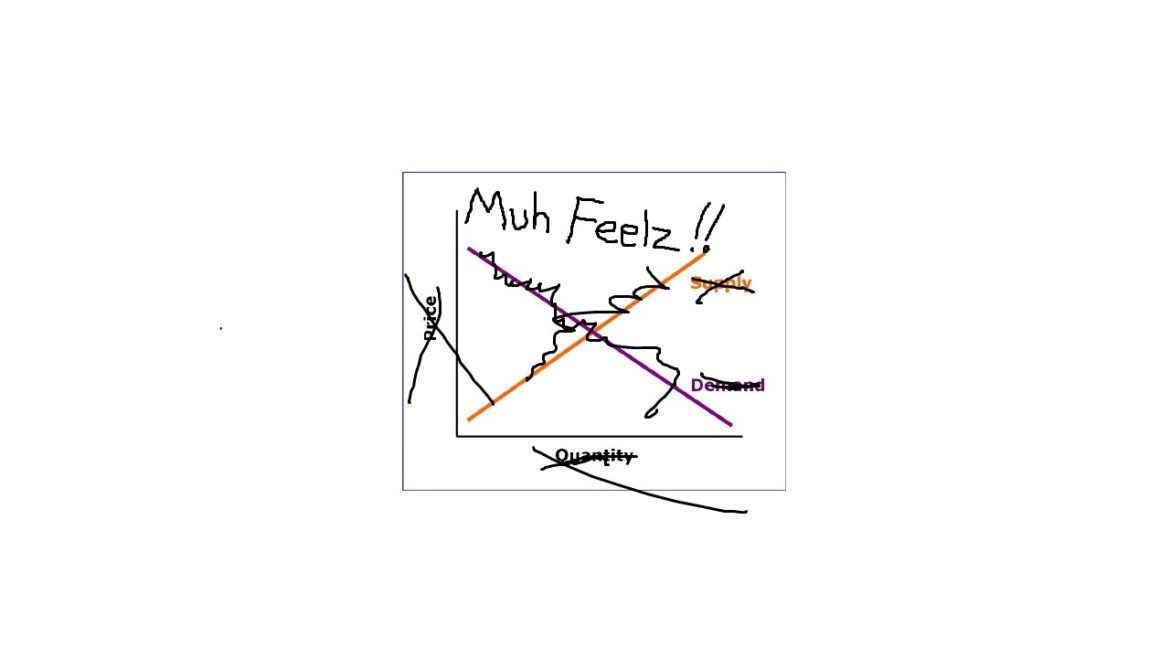Gold has all the potential to go unprecedentedly high. But silver will be gold on
Site:
Precious metals news
Sep 27, 2022 - 05:07:03 PDT
Which role for Central Banks ? This international conference will involve an open and interactive discussion on the new and disruptive ecosystems that are rapidly emerging in the financial sector at the global level as a result of emerging innovative technologies. Those new ecosystems cover a wide array of activities, ranging from the tokenisation of assets to Decentralised Finance (DeFi), aiming to go beyond borders and sometimes circumventing intermediaries.
The student loan forgiveness program recently announced by President Joe Biden stirred up quite the political brouhaha. Progressives praised Biden for helping students burdened by overwhelming student loan debt. Conservatives decried it as an unfair giveaway. But as with most issues, the popular political debate misses the bigger picture.The student loan crisis was primarily a problem of the federal government's own creation. And no matter what you think about the forgiveness program, it fails to address the root of the problem.
Hurricane Ian is taking aim at Florida. That means there is already talk of "price gouging."People have a visceral emotional reaction to people raising prices during a disaster. But it is nothing but feelz. In fact, "price gouging" serves an important economic function. Not allowing prices to rise actually causes more harm.
 THE GLOBAL OIL INDUSTRY RED QUEEN SYNDROME: Moving Faster & Faster Just To Keep From Collapsing
THE GLOBAL OIL INDUSTRY RED QUEEN SYNDROME: Moving Faster & Faster Just To Keep From CollapsingSeptember 27, 2022
The Global Oil Industry is in serious trouble as it now faces the Red Queen Syndrome. With the world's oil fields suffering from higher and higher natural decline rates, it takes a greater amount of investment just to keep production from collapsing. Unfortunately, investment in the global oil industry is declining...
Sep 26, 2022 - 13:06:39 PDT
Moreover, he suggested gold could jump in value if the Federal Reserve's campaign of interest-rate hikes fails to crush inflation. He argued that investors would lose faith in the central bank and their long-term inflation expectations would rise, boosting demand for the metal as a hedge.
Sep 26, 2022 - 12:58:45 PDT
The US Dollar Index (DXY) continues to push into lofty territory with a meaningful top-side slope coming into play and the 2001 high not that far away at 121. The slope is something we need to worry about now, but given it extends higher from 2009 we need to give it wiggle room and look to the weekly/monthly charts.
The main issue in the economy is that there are two generations of market participants who have only witnessed expansionary policies. That is why the most pressing question for investors is not where earnings are headed or what the rate of change in economic growth is, but when central banks will pivot.
In this week's recap, Lance Roberts and Adam discuss everything that mattered to markets this week.
How much has the Fed's epic "inflationary is transitory" policy error cost the world? Try $29 trillion and counting.
Former Council of Economic Advisers Chairman Kevin Hassett warned the U.S. stock market is in for a "terrible" October ahead of the midterm elections, arguing on "Cavuto: Coast to Coast" Monday the uncertainty in Washington is "very scary" for voters.
 Global Economy Headed for Pervasive Slowdown Amid Energy, Inflation Crises
Global Economy Headed for Pervasive Slowdown Amid Energy, Inflation CrisesSep 26, 2022 - 12:31:54 PDT
The Paris-based organizations still sees the global economy expanding 3.0% this year, but is projecting a major slowdown next year, with growth decelerating to just 2.2%. That is a sharp change from the 2.8% rate it predicted in June and marks a $2.8 trillion decline in global output.
This is going to trigger a major currency crisis soon. I’m talking about a crisis to which 2008 was just the warm up… the crisis in which ENTIRE countries go bust.
Sep 26, 2022 - 11:04:20 PDT
Between 2018 and 2020 the growth in car insurance rates leveled off. From the end of the pandemic, and especially starting in 2022 (lead chart) cost of insurance is on a tear with no end in sight.
Sep 26, 2022 - 11:02:12 PDT
According to the BLS, US core inflation is 6.3% and headline inflation is 8.3% YoY. But everything I consume seems to be going up at a much faster rate? Under Biden, regular gasoline price is UP 55%, CRB Foodstuffs UP 47%, rents UP 12.5% YoY and electricity is UP 957%.
So, while inflation makes old debt more manageable for the government to service, it also makes new debt more expensive.
Some decades are easy and expansive, others are painful but necessary to lay the foundations for future progress.
 Should the Fed Increase the Money Supply in Response to a Growing Economy?
Should the Fed Increase the Money Supply in Response to a Growing Economy?Sep 26, 2022 - 09:17:58 PDT
Most commentators believe a growing economy requires a growing money stock because economic growth gives rise to a greater demand for money, which then must be accommodated.
"The Hamilton-Bagehot rule was superior to the modern Fed practice of flooding the markets with cheap money because it allowed insolvent firms to go bankrupt while supplying emergency loans to troubled but solvent companies." ~ Robert E. Wright
Sep 26, 2022 - 07:51:00 PDT
This morning the CME temporarily halted the trading of British Pound futures following a Currency Flash Crash and Record Low in the Pound.
























